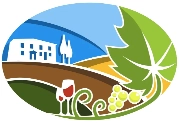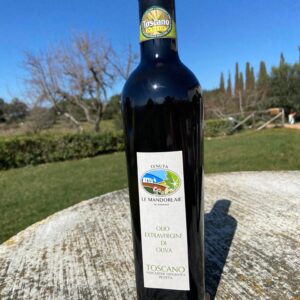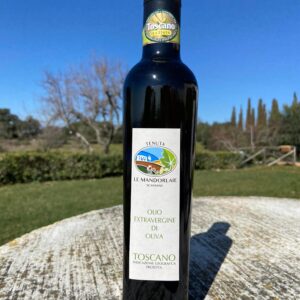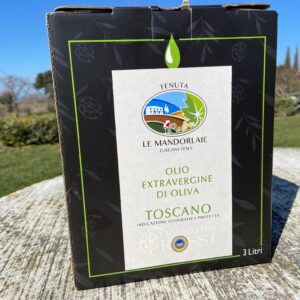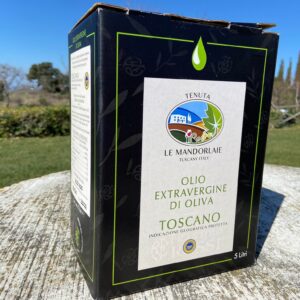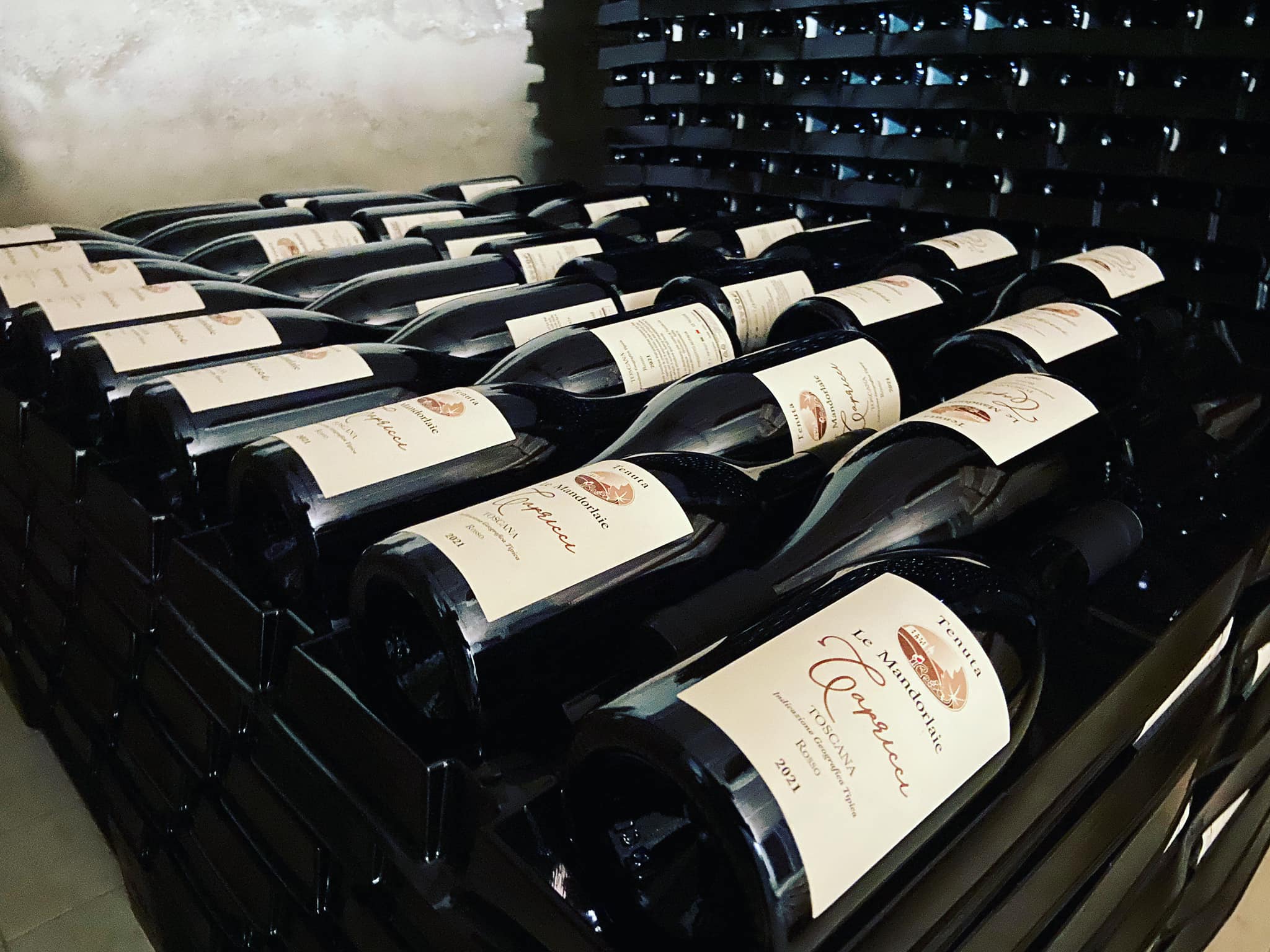
How is the Common Agricultural Policy (CAP) changing?
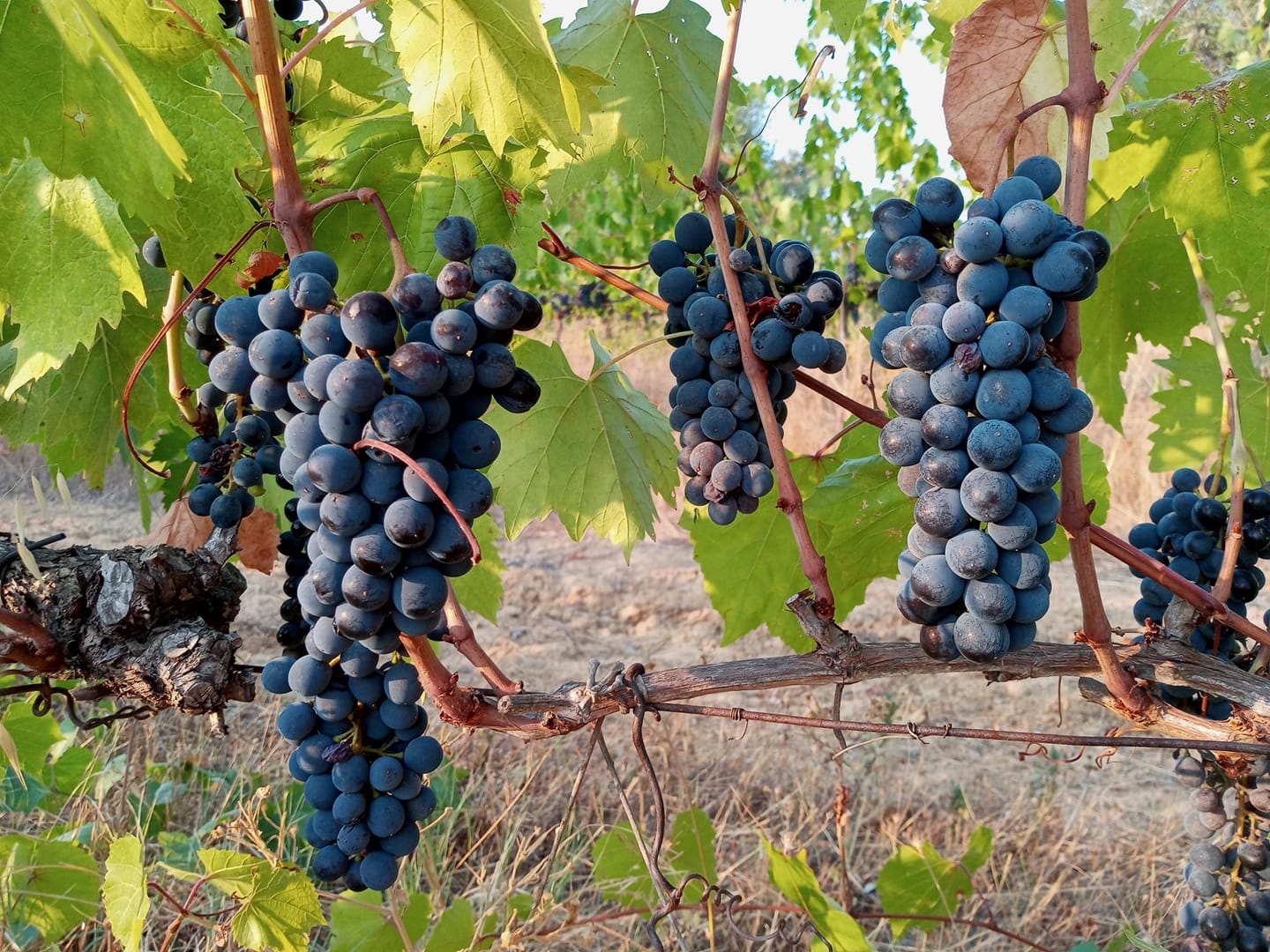
As of my knowledge, here are some key changes and ongoing discussions regarding the CAP:
- Greening Measures: One of the major changes in the 2023-2027 CAP was the introduction of even more “greening” measures aimed at promoting environmentally friendly farming practices. These measures included crop diversification, maintaining permanent grassland, and setting aside areas for ecological focus. These measures were intended to make agricultural practices more sustainable and ecologically responsible.
- Direct Payments: CAP has historically provided direct payments to farmers as a significant part of its support. The 2023-2027 CAP introduced new lower direct payment schemes with a focus on promoting more equitable distribution of funds among farmers, including small and medium-sized farms.
Future CAP Proposals
The EU has been working on the next iteration of the CAP for some time, now it is here, covering the CAP period from 2023 to 2027. This proposal includes several changes, such as:
- A new “green architecture” focusing on eco-schemes that incentivize sustainable and environmentally friendly practices.
Enhanced conditionality to ensure that farmers meet specific environmental and climate-related objectives in exchange for receiving CAP payments. - An increased budget allocation for environmental and climate measures.
- A stronger role for member states in designing and implementing CAP programs to align them with their specific needs and priorities.
- More real support for young farmers to facilitate generational renewal in European agriculture.
External Trade Agreements, Common Agricultural Policy
CAP has implications for international trade, and discussions about the potential impact of CAP on trade have been ongoing. The EU seeks to balance the support it provides to its own agricultural sector with its obligations under international trade agreements, such as the World Trade Organization (WTO) agreements.
It’s important to note that specific details and changes to the CAP can evolve as negotiations and discussions progress. You may want to consult more recent sources or official EU publications for the most up-to-date information on how the CAP is changing, as there may have been further developments and adjustments since my last knowledge update in January 2022.
How will Common Agricultural Policy changes affect small farms
CAP 2023-2027 affects all farmers, but can have a massive impact on small farms, family farms, we have yet to see how the reduced payments to small farms will affect the lands around us, but it may lead to more land abandonment and the closure of many small farm businesses. We know that the EU wants to remove the support to farmers, and this is why payments are eroding over time.
No PAC support in the future for farmers
Many EU countries including Germany no longer support farmers via a CAP scheme, and as the EU seems to support big business and globalization, even when it comes to at the cost of member states food security, we expect that in several years, there will be no CAP support for EU farmers, their will however be many schemes available for the large farms to apply for and benefit from while small farms are left to support themselves producing higher quality km0 and organic foods, which it seems the EU member states heads do not prefer over low quality mass produced foodstuffs coming from big agriculture.
Help support small farms
Buy local produce, pick your own and avoid buying goods that are mass produced and contain pesticides. Shop for organic and BIO fruits and vegetables.
Our IGP Extra Virgin Olive Oil Products
-
Extra Virgin Olive Oil Organic IGP Toscana 500ml
IGP Olive Oil Toscana
Original price was: €12.70.€11.00Current price is: €11.00. inc. Sales tax
-
Extra Virgin Olive Oil Organic IGP Toscana 750ml
IGP Olive Oil Toscana
Original price was: €18.60.€17.00Current price is: €17.00. inc. Sales tax

